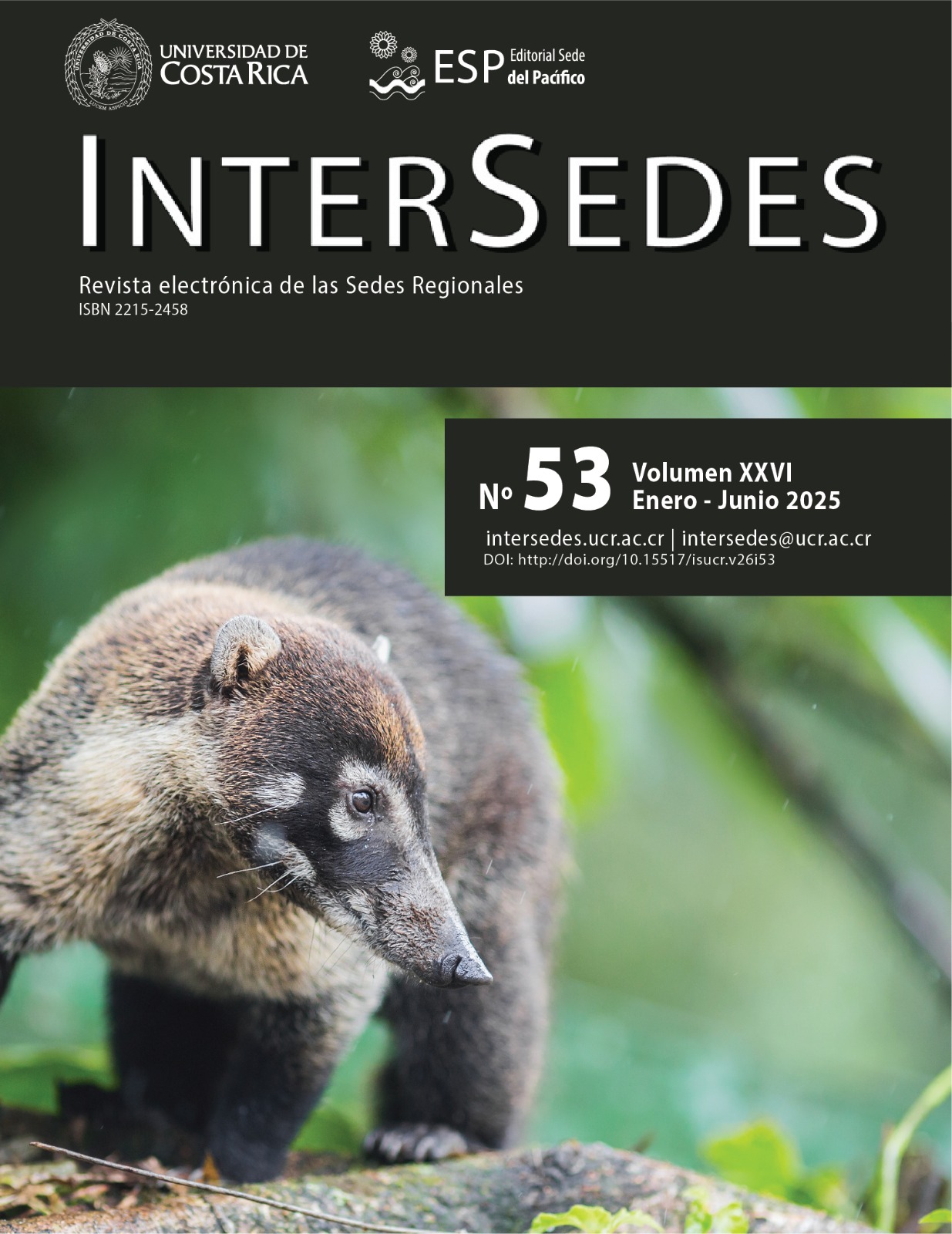Abstract
The objective of this research is to know the impact of the use of artificial intelligence (AI) in higher education, this technology has developed significant applications in the field, and it is expected that it can offer personalized and automated solutions to the population in the learning process. Regarding its use, there are concerns about the effects that excessive use may entail, for this reason the research focused on investigating the use of AI among university students, evidencing that most of them have a high level of knowledge about this technology and They use it mainly for study and entertainment. The results show the recognition of the utility; however, it also shows a concern about unregulated use in higher education; highlights the importance of adequate regulation to guarantee its effective application, suggesting while teaching staff should participate in training activities to better understand the advantages and disadvantages in learning processes. In conclusion, it was shown that AI is a powerful tool with the potential to improve education, but it also poses challenges and concerns, for this reason it is essential to understand its impact to take advantage of its benefits and mitigate its negative effects in the academic field. In the same way, it is highlighted that this type of technology has created a greater dependence at the educational level.
References
Alan Neill, D. y Cortez Suárez, L. (2018). Procesos y fundamentos de la investigación científica. UTMACH. http://repositorio.utmachala.edu.ec/bitstream/48000/12498/1/Procesos-y-FundamentosDeLainvestiagcionCientifica.pdf
García Peña, V. R., Mora Marcillo, A. B. y Ávila Ramírez, J. A. (2020). La inteligencia artificial en la educación. Dominio de las ciencias.
Guevara Albán, G. P., Verdesoto Argüello, A. E. y Castro Molina, N. E. (2020). Metodologías de investigación educativa (descriptivas, experimentales, participativas, y de investigación-acción). RECIMUNDO. https://recimundo.com/index.php/es/article/view/860/1363
Jara, I. y Ochoa, J. M. (2020). Usos y efectos de la inteligencia artificial en la educación. Banco Interamericano de Desarrollo (BID). https://publications.iadb.org/publications/spanish/viewer/Usos-y-efectos-de-la-inteligencia-artificial-en-educacion.pdf
Lasse Petteri, R. (2018). Inteligencia Artificial. Editorial Planeta. https://proassets.planetadelibros.com/usuaris/libros_contenido/arxius/40/39307_Inteligencia_artificial.pdf
Macías Moles, Y. y Grandío Botella, A. (2021). La tecnología y la inteligencia artificial en el sistema educativo. Universitat Jaume.
Moreno Padilla, R. D. (2019). La llegada de la inteligencia artificial a la educación. RITI Journal. https://riti.es/index.php/riti/article/view/112/132
Ocaña Fernández, Y., Valenzuela Fernández, L. A. y Garro Aburto, L. L. (2019). Inteligencia artificial y sus implicaciones en la educación superior. Propósitos y Representaciones. http://www.scielo.org.pe/pdf/pyr/v7n2/a21v7n2.pdf
Ramírez Véliz, R. B., López Solís, S. C. y Garzón Balcázar, J. M. (2022). El humano y la máquina: perspectivas sobre inteligencia artificial, agentes y sistemas inteligentes. Reciamuc. https://reciamuc.com/index.php/RECIAMUC/article/view/932/1385
Rouhiainen, L. (2018). Inteligencia artificial. Planeta. https://proassets.planetadelibros.com/usuaris/libros_contenido/arxius/40/39307_Inteligencia_artificial.pdf
Salinas Martínez, A. M. (2004). Métodos de muestreo. Ciencia UANL. https://www.redalyc.org/pdf/402/40270120.pdf
Zavala-Romero, E. Á. (2018). La adicción y ansiedad vinculadas a las tecnologías de la información y comunicación, incidencia en la calidad de vida de los estudiantes. Instituto Politécnico Nacional de México. https://www.redalyc.org/articulo.oa?id=61458000004
##plugins.facebook.comentarios##

This work is licensed under a Creative Commons Attribution-NonCommercial-NoDerivatives 3.0 Unported License.
Copyright (c) 2025 Beyker Stefan Obando Zambrano, Carlos Alberto Vega Alvarado, Luis Alberto Bermúdez Carrillo



